
Batman noted that some men aren’t looking for anything logical like money. They cannot be bought, bullied, reasoned, or negotiated with. Some men just want to watch the world burn.
This personality is the exception, not the rule.
All nihilistic face painting criminal masterminds aside, the majority of human beings are natural hackers and fixers and improvers. It’s one of the central ways that we rail against the seeming injustice of this random, chaotic and unfair world.
By trying to put it back together again. Whatever it takes to regain our sense of control and avoid death and preserve our narrative of the happy ending.
Let’s see here, all we need to do is repair the world and it will match the way it should be once again, and then everything will be okay and everybody will be happy and whole until the end of time. Perfect.
The business world has dutifully promoted this mindset since the rise of the industrial revolution. As workers, our mantra has always been as follows:
React quickly when a problem arises.
Make fast decisions to keep organization moving ahead.
Jump in and rescue the project to avert failure and focus on success.
In short, there’s chaos, and we better fix it. How else are we going to stay competitive in a dynamic and unpredictable marketplace?
It’s smart business strategy. With enough grit, it will work.
For a while.
But let us remember, everything has a lifecycle. There is nothing in this world does not break.
Things we once imagined to be so solid, from corporations to glaciers to promises to dreams to heroes to relationships, they all break. Everything breaks. And they can’t be fixed, only mourned.
Therefore, while we might not enjoy watching the world burn, it might be time to allow it to be broken. It’s a lonely and scary and helpless feeling when we realize that we can do nothing to resolve a situation.
But sometimes what the world needs and what the world deserves are two very different things.
LET ME ASK YA THIS…
How is your tendency to fix alienating you from reality?
* * * *
Scott Ginsberg
That Guy with the Nametag
Author. Speaker. Strategist. Inventor. Filmmaker. Publisher. Songwriter.
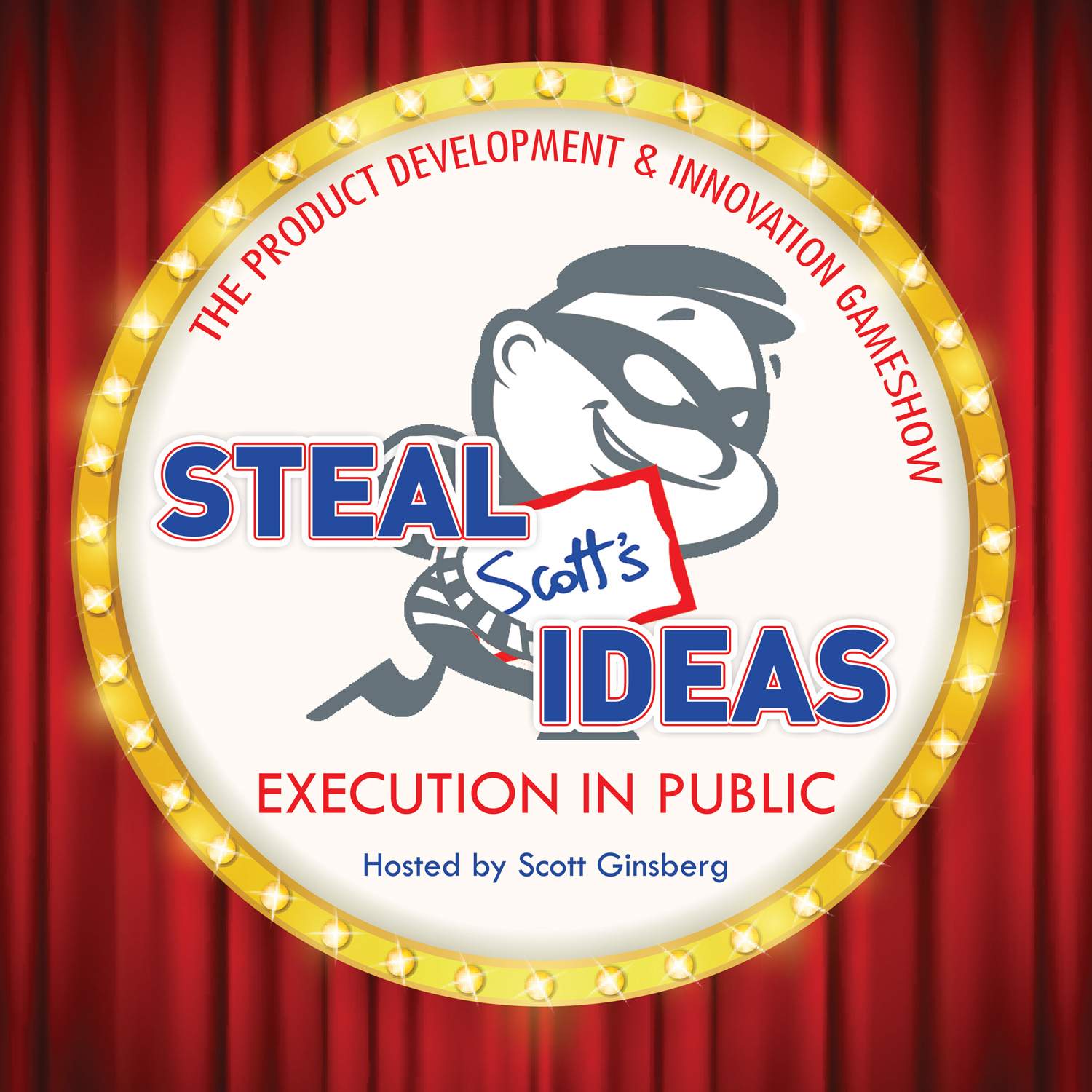 It’s the world’s first, best and only product development and innovation gameshow!
It’s the world’s first, best and only product development and innovation gameshow!
Tune in and subscribe for a little execution in public.
Join our community of innovators, artists and entrepreneurs


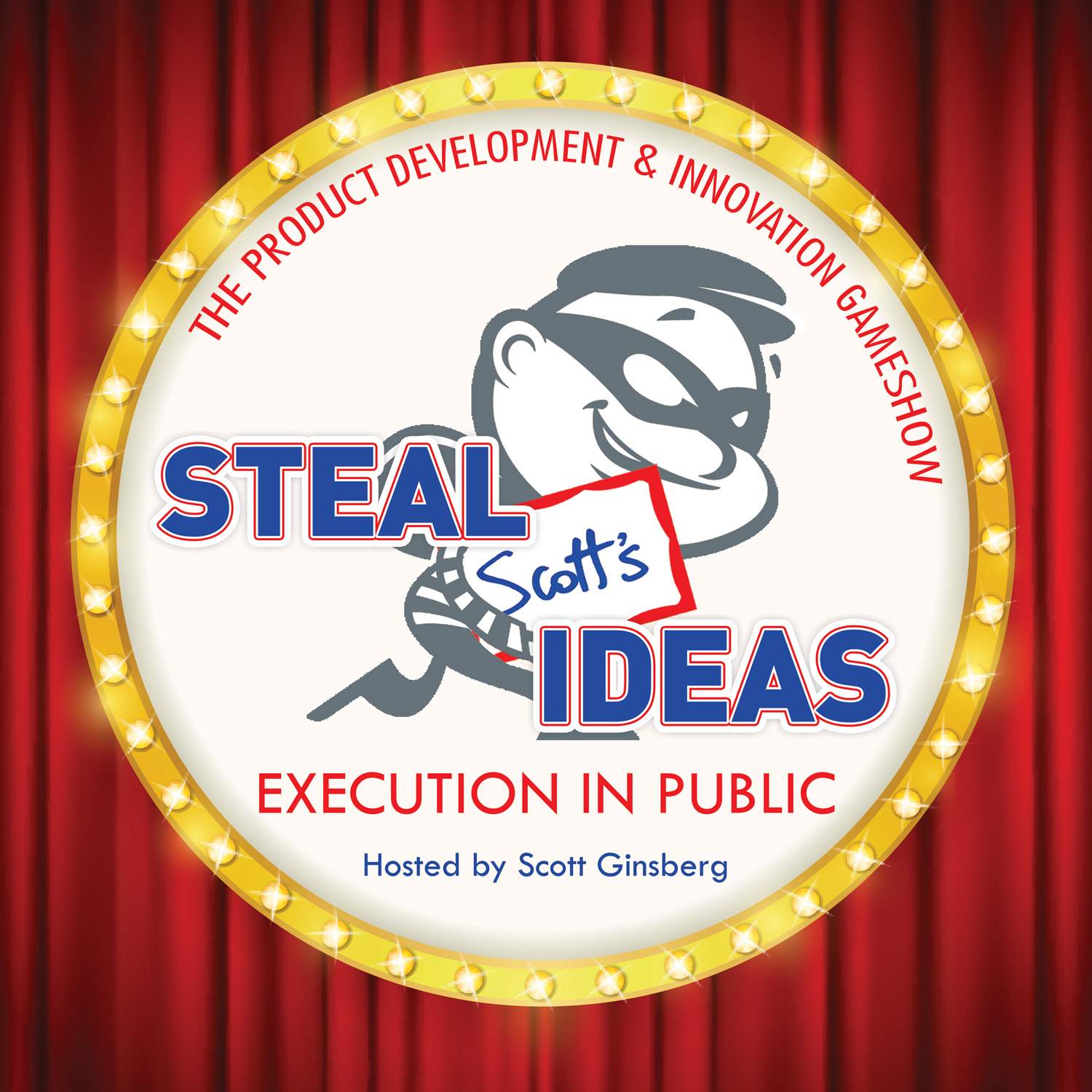 It’s the world’s first, best and only product development and innovation gameshow!
It’s the world’s first, best and only product development and innovation gameshow!
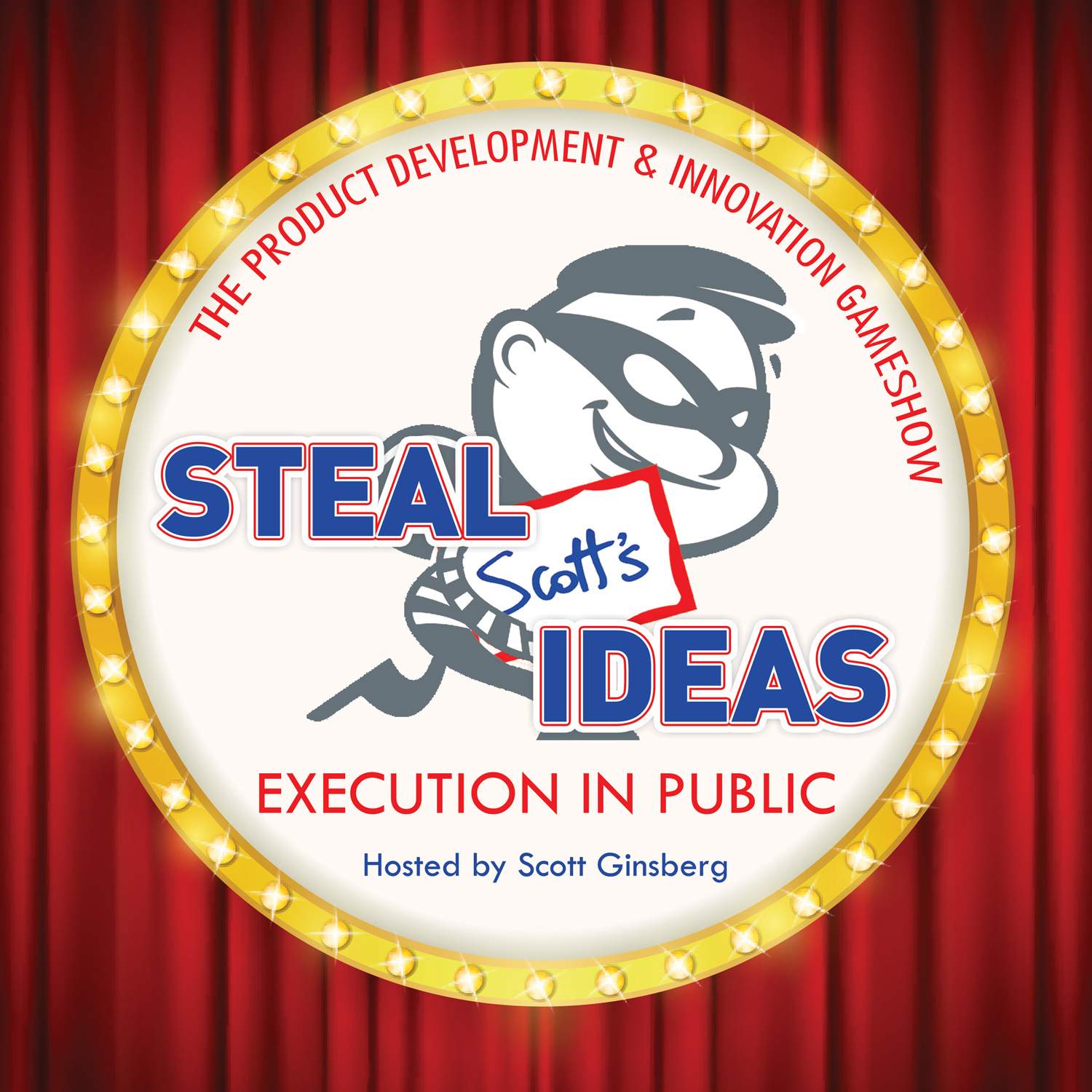 It’s the world’s first, best and only product development and innovation gameshow!
It’s the world’s first, best and only product development and innovation gameshow!
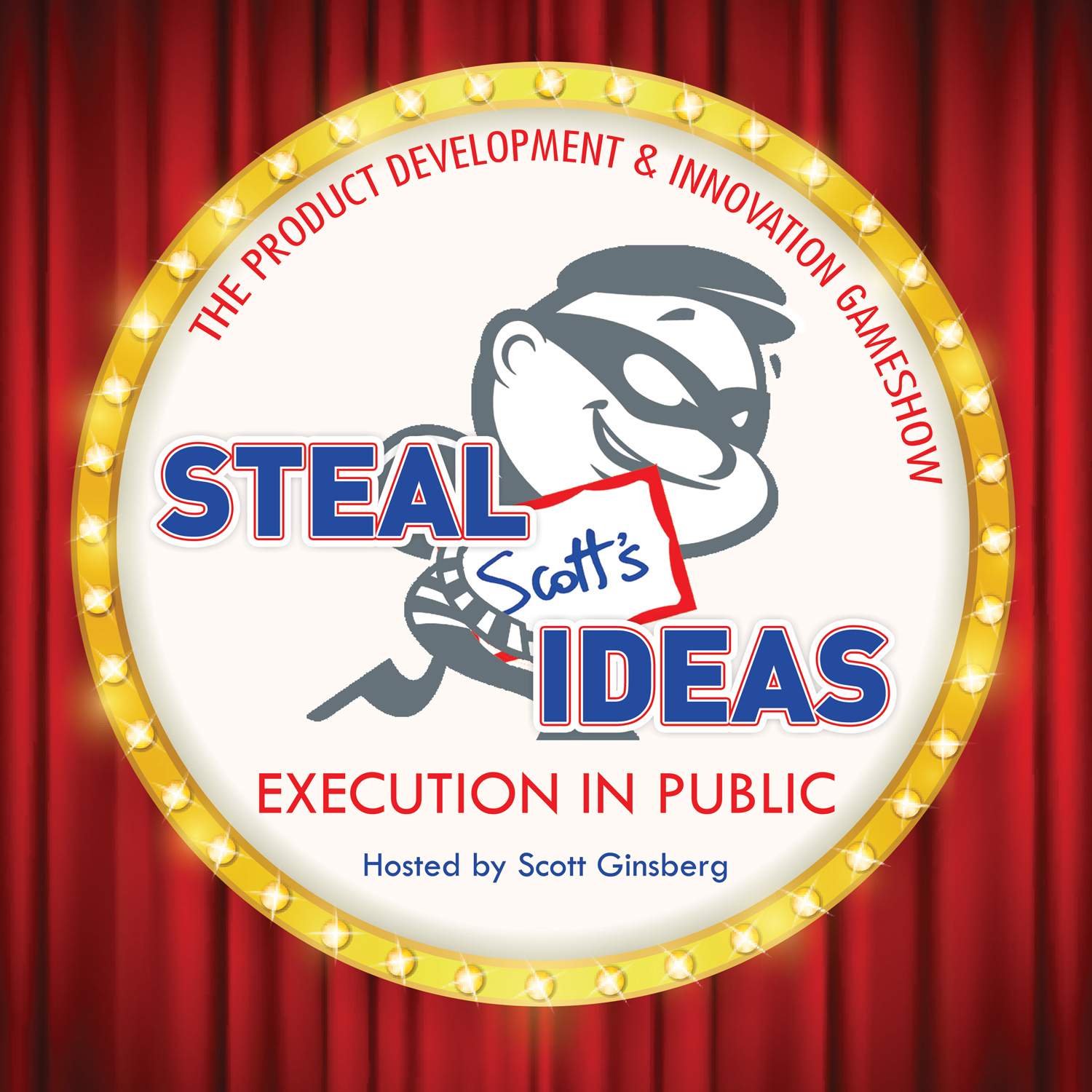 It’s the world’s first, best and only product development and innovation gameshow!
It’s the world’s first, best and only product development and innovation gameshow!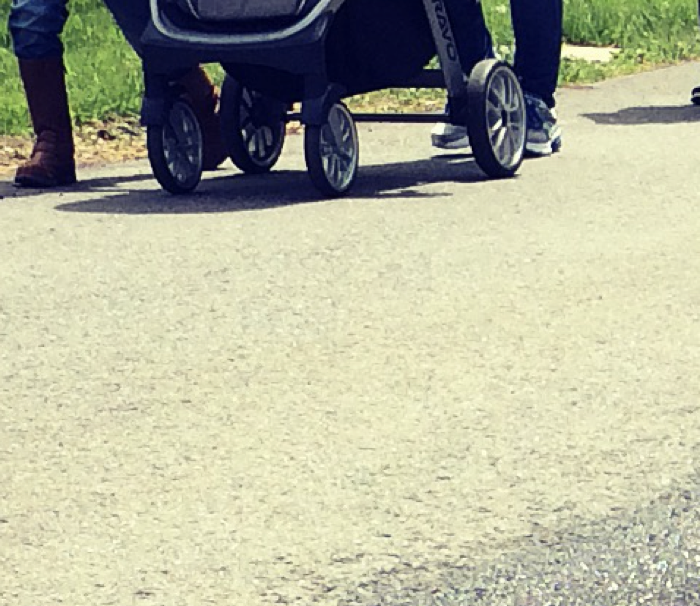
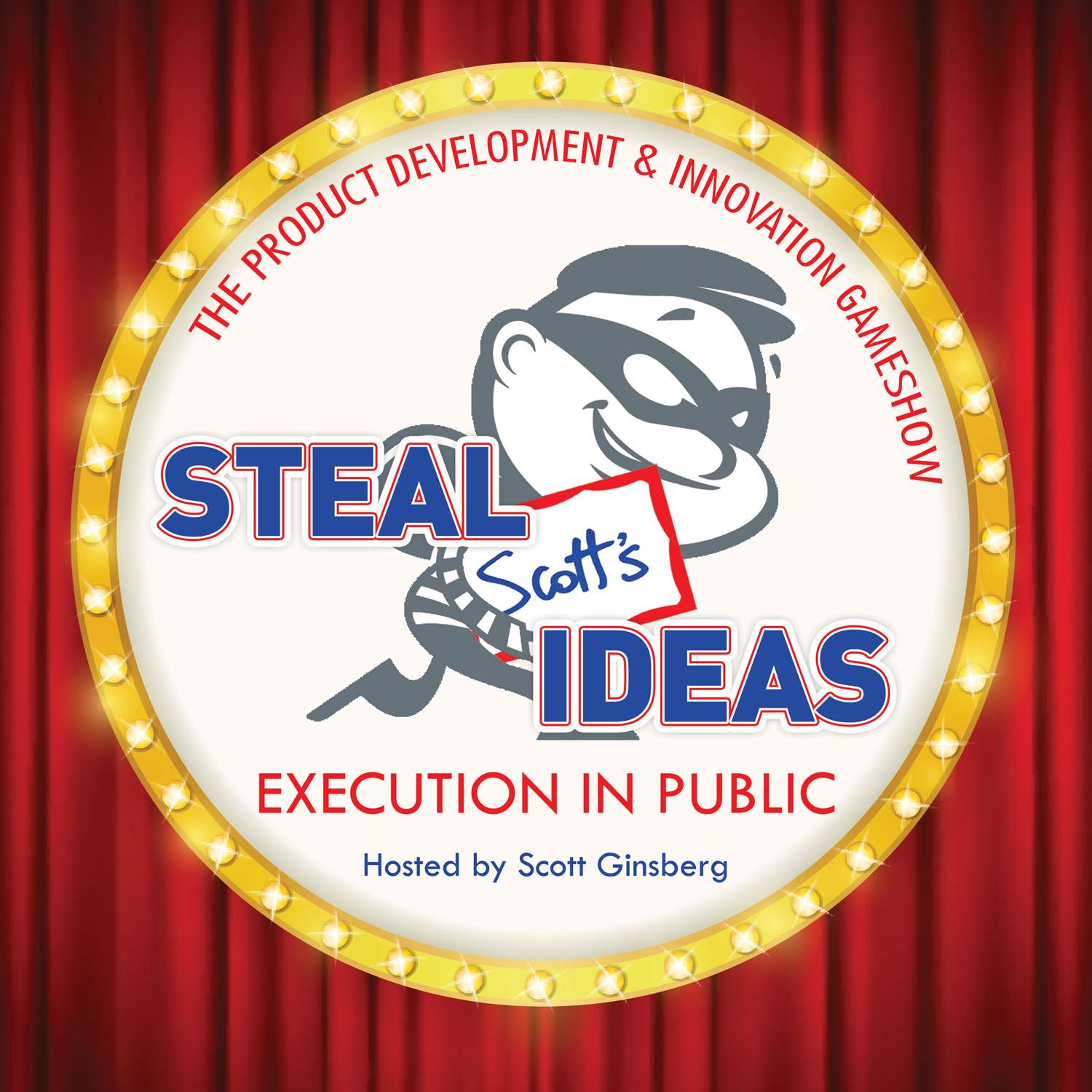 It’s the world’s first, best and only product development and innovation gameshow!
It’s the world’s first, best and only product development and innovation gameshow!
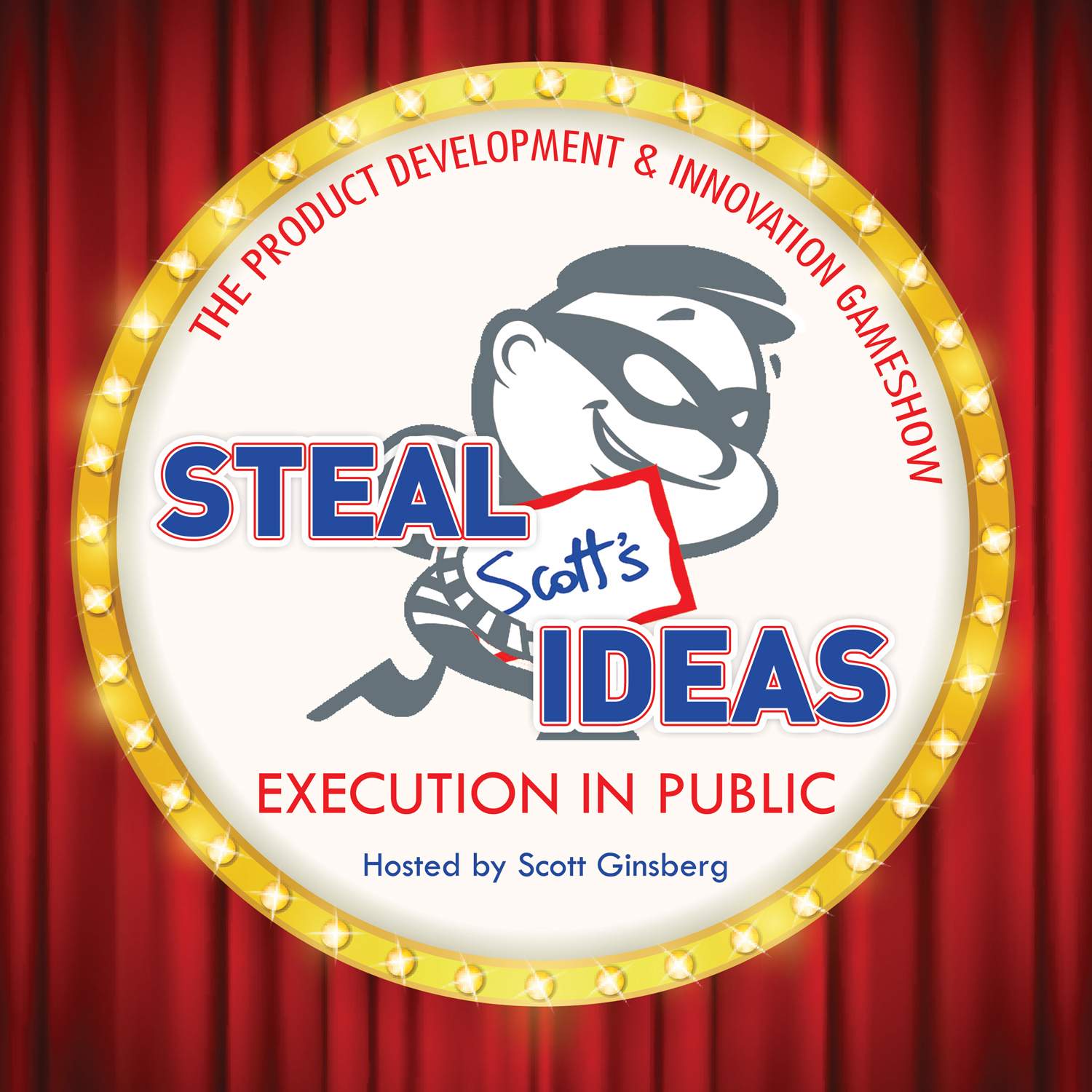 It’s the world’s first, best and only product development and innovation gameshow!
It’s the world’s first, best and only product development and innovation gameshow!
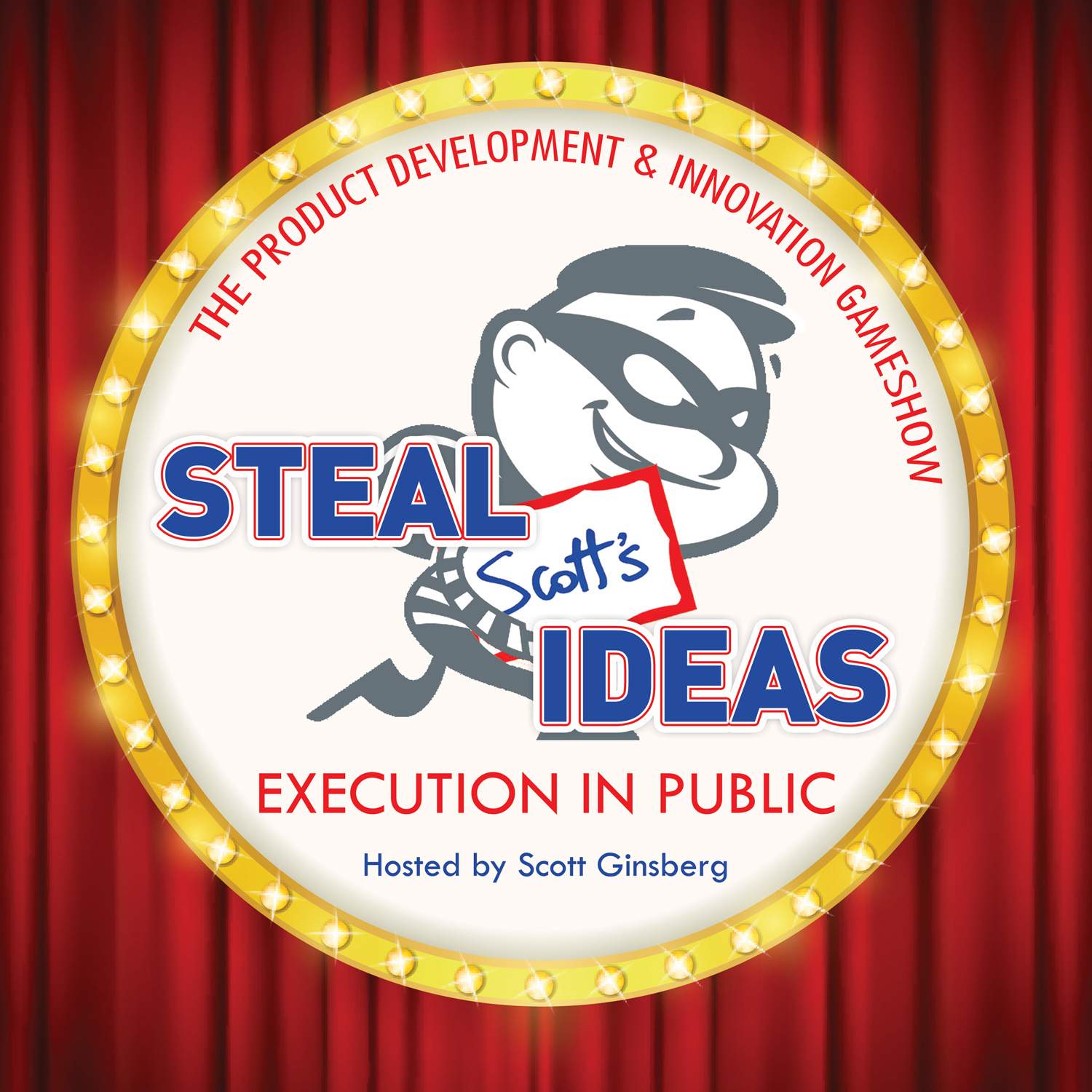 It’s the world’s first, best and only product development and innovation gameshow!
It’s the world’s first, best and only product development and innovation gameshow!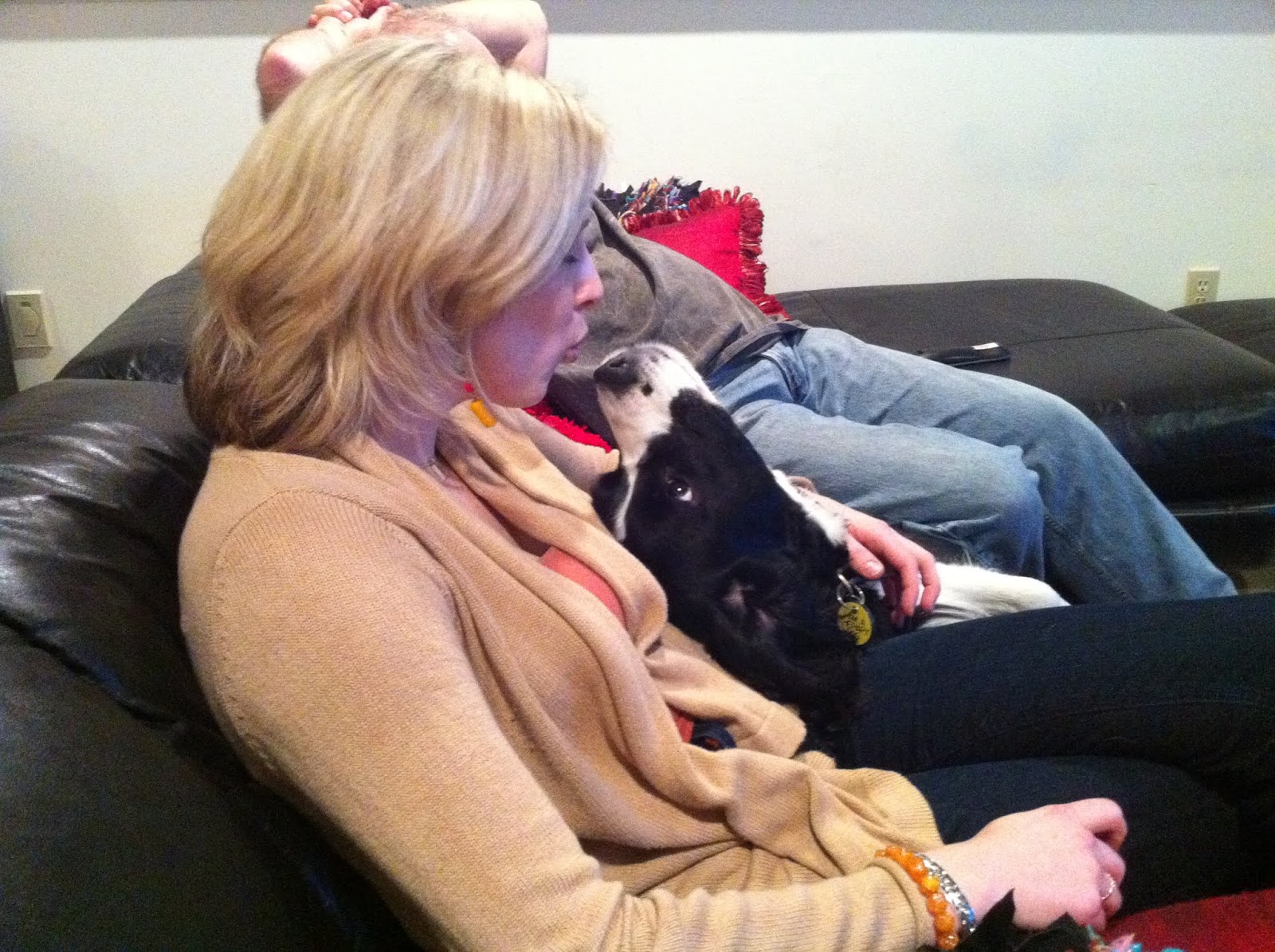
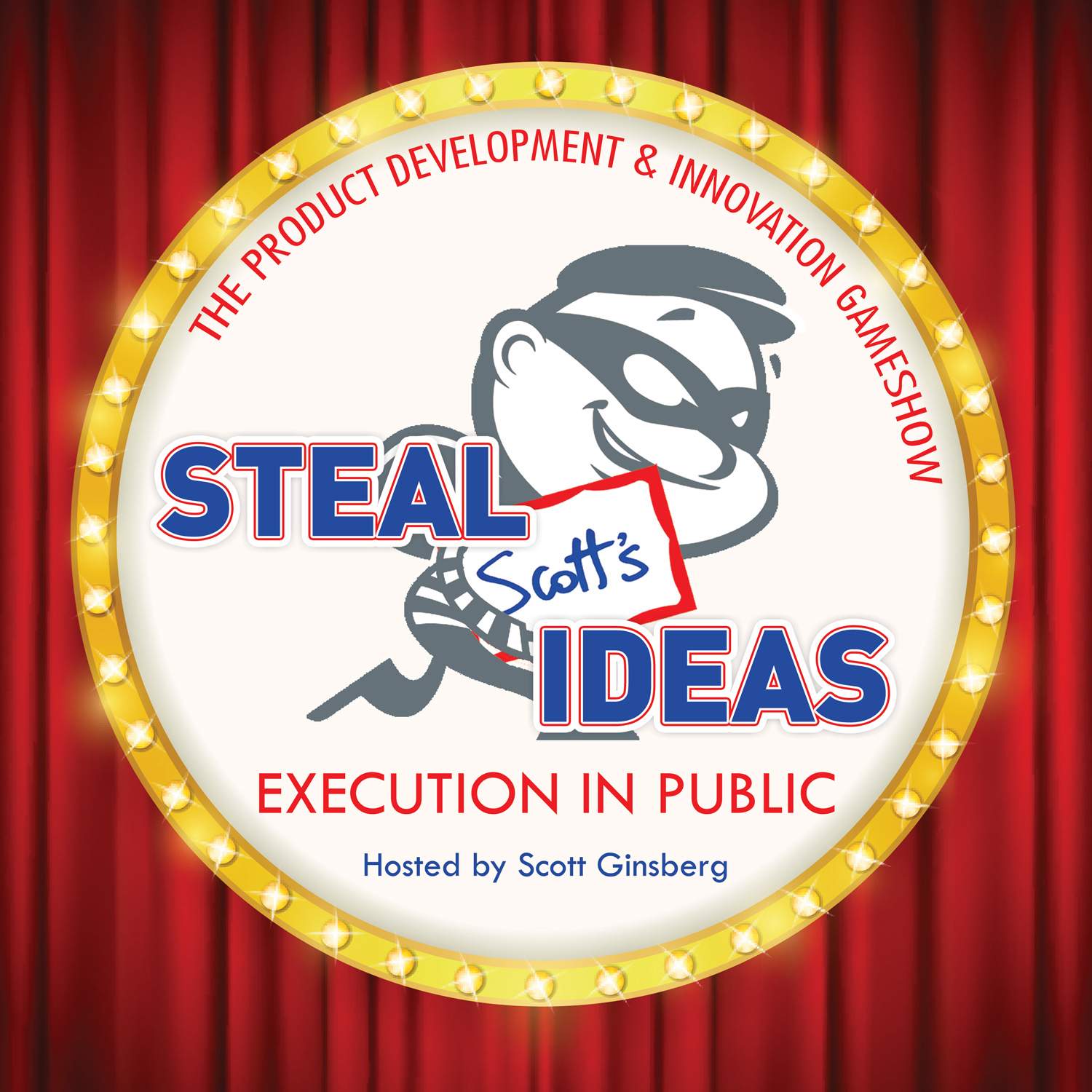 It’s the world’s first, best and only product development and innovation gameshow!
It’s the world’s first, best and only product development and innovation gameshow!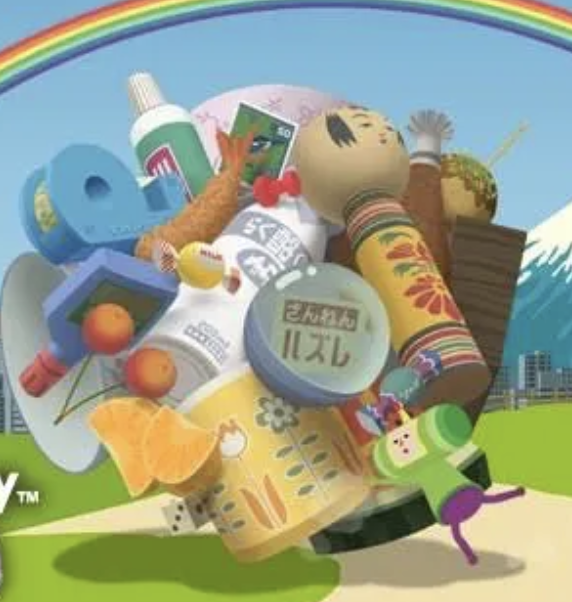
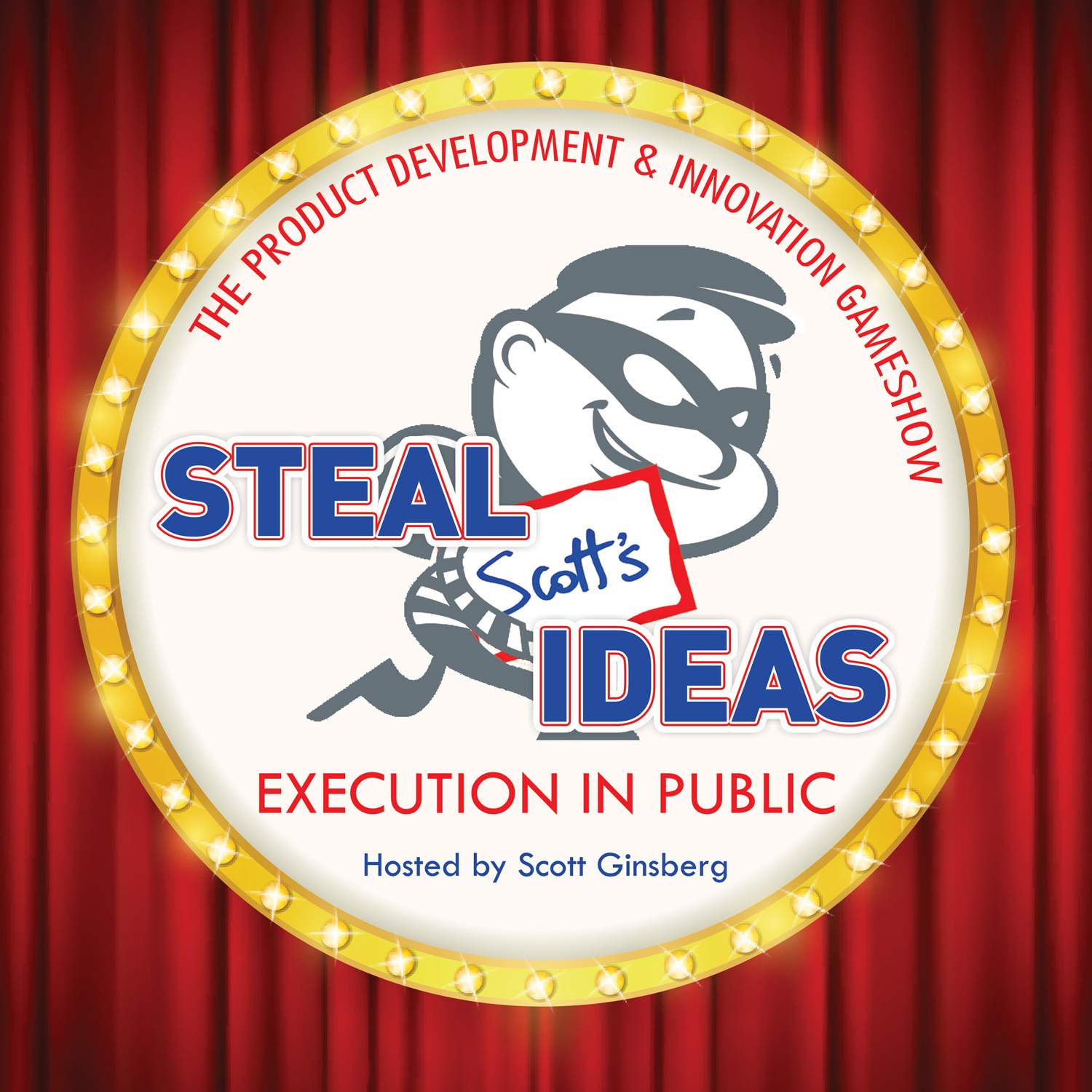 It’s the world’s first, best and only product development and innovation gameshow!
It’s the world’s first, best and only product development and innovation gameshow!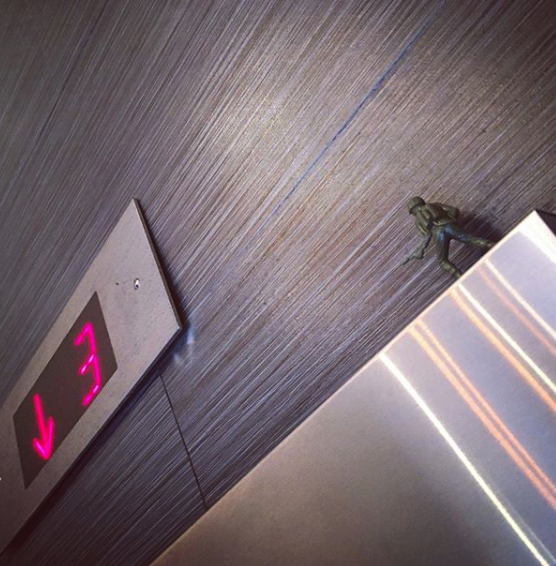
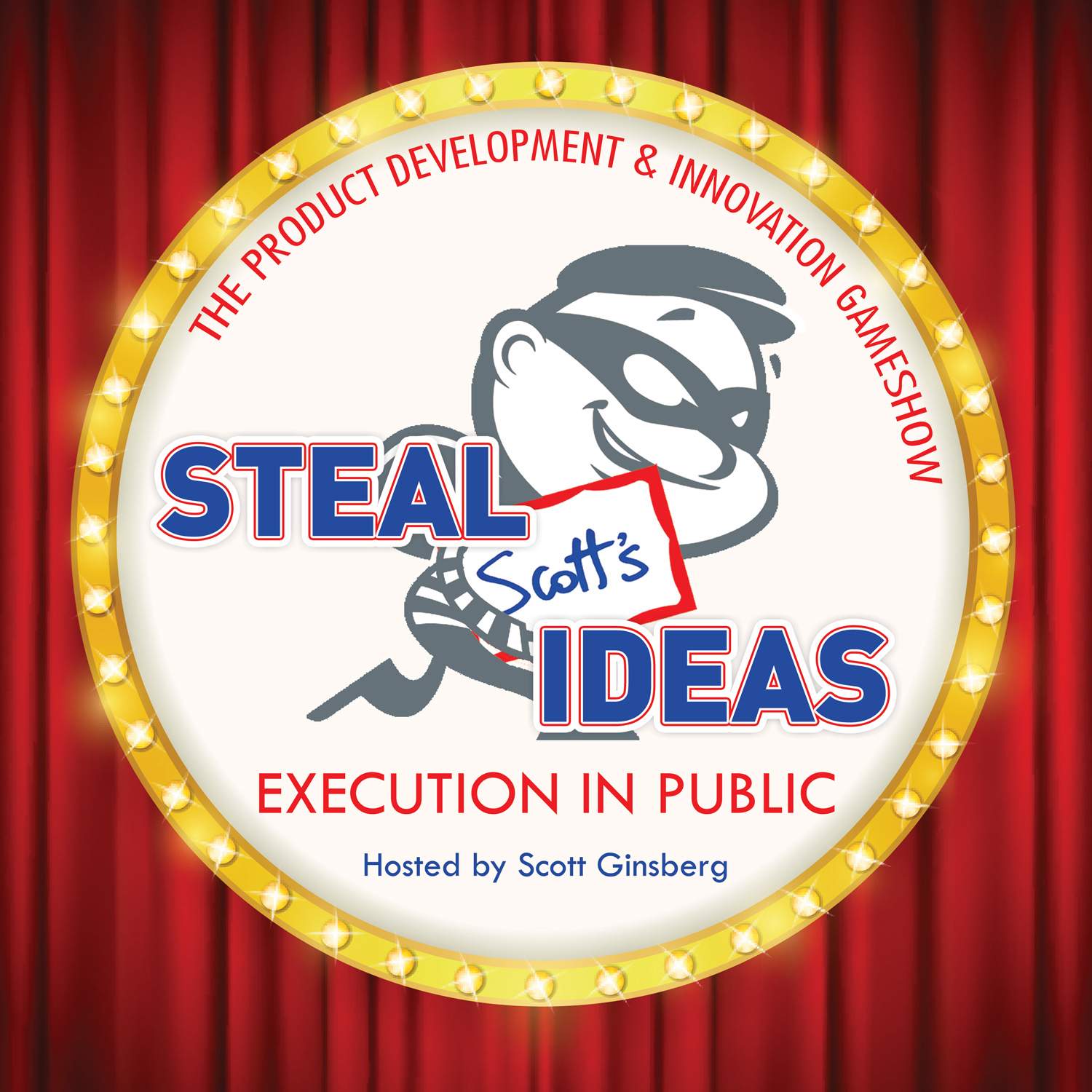 It’s the world’s first, best and only product development and innovation gameshow!
It’s the world’s first, best and only product development and innovation gameshow!